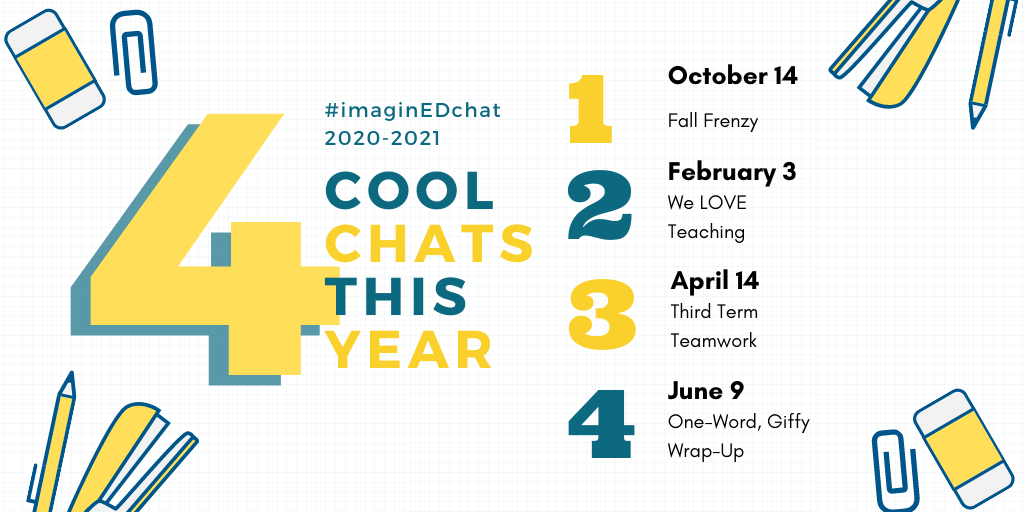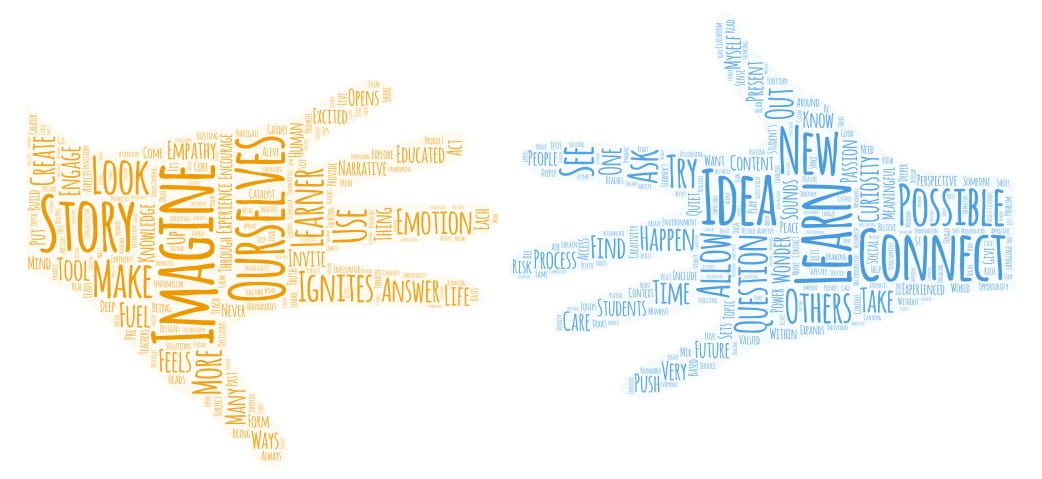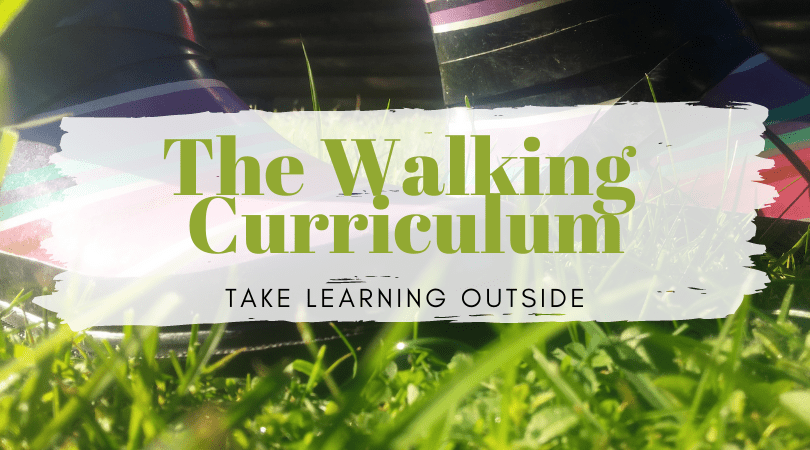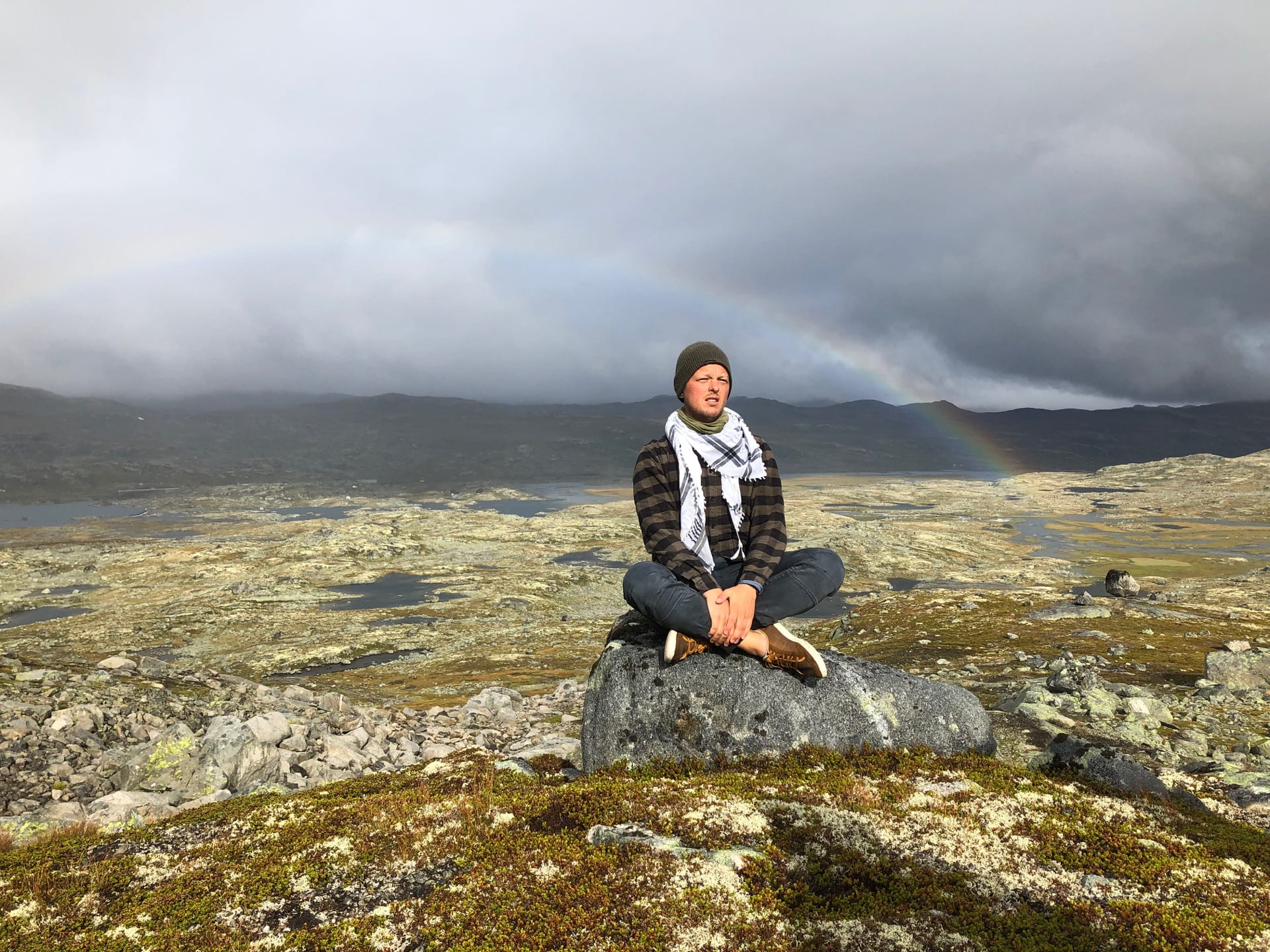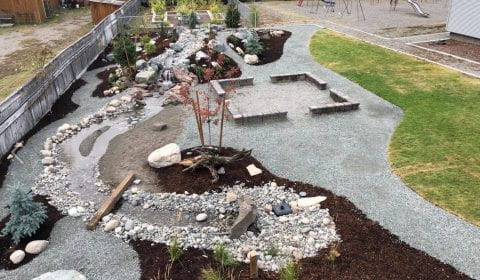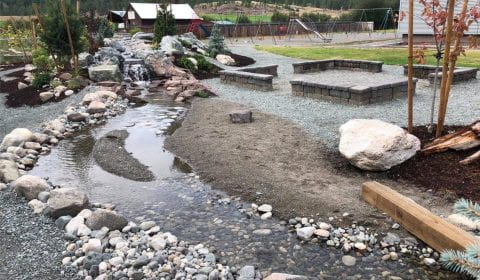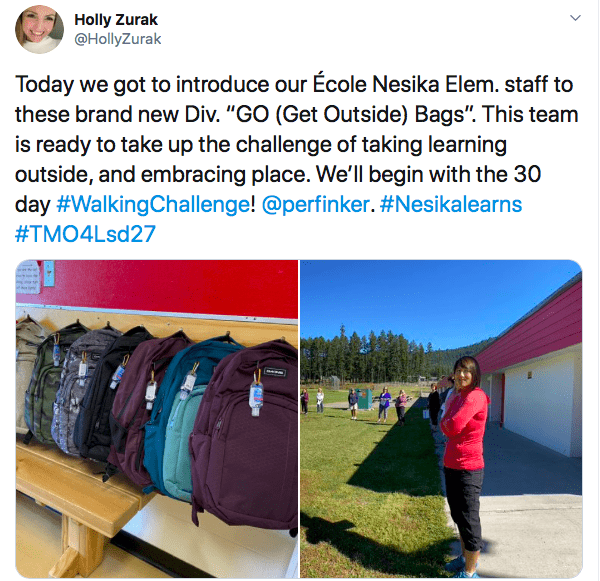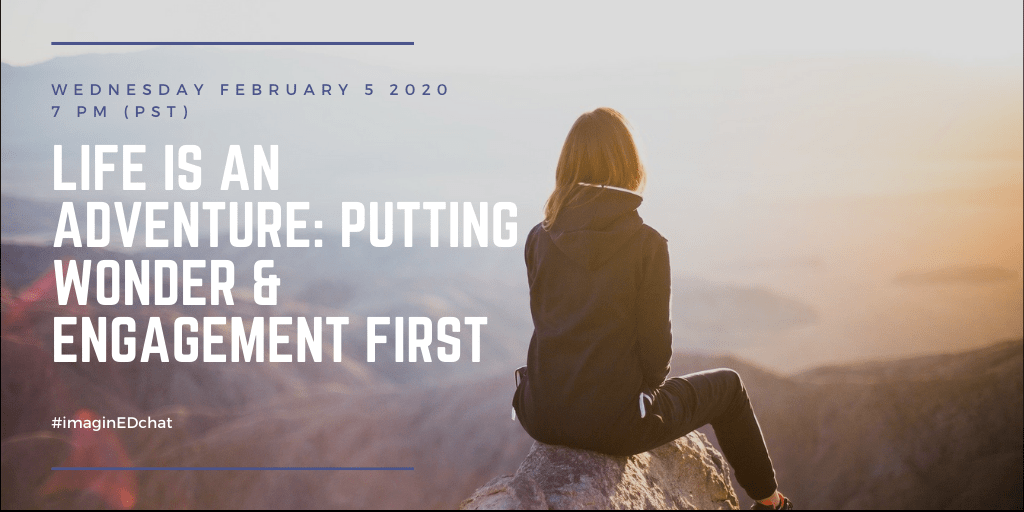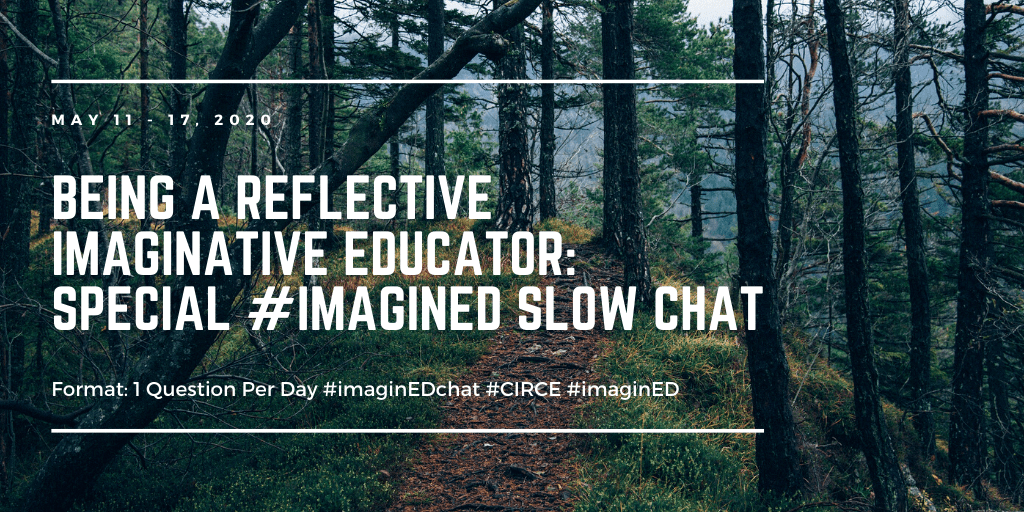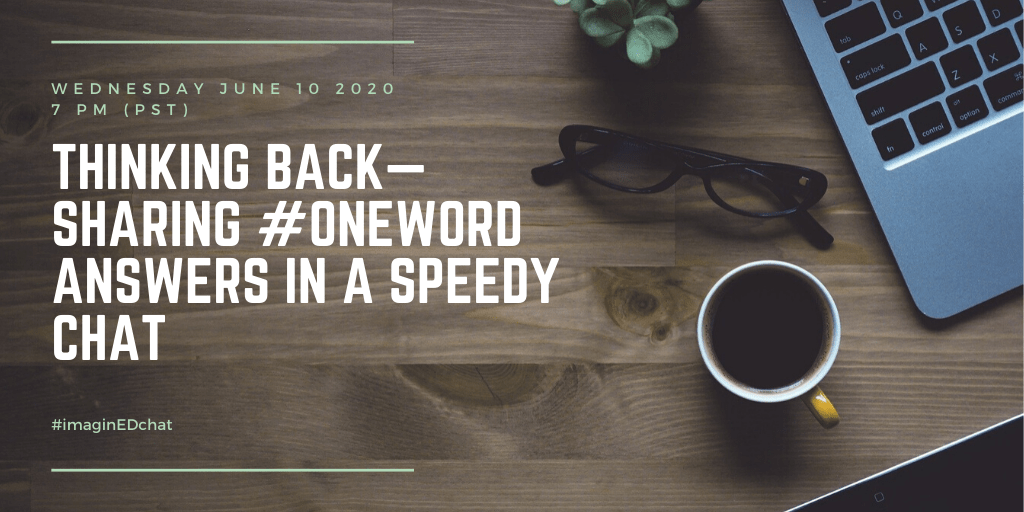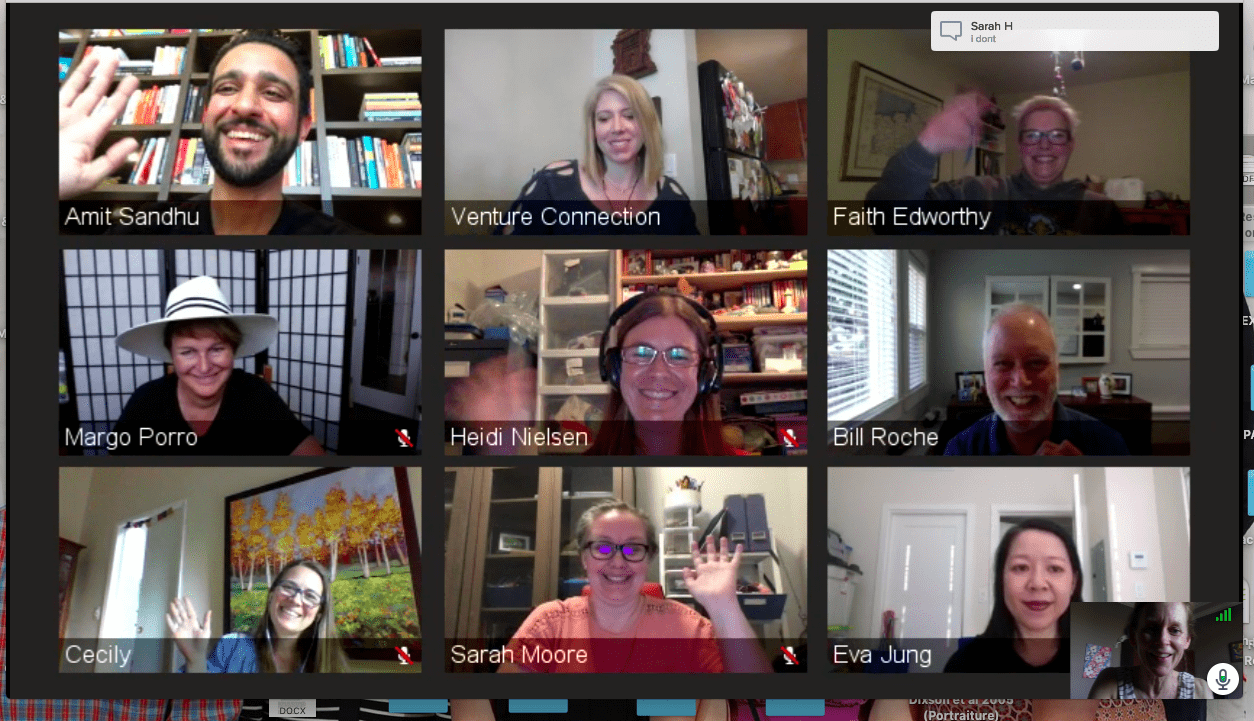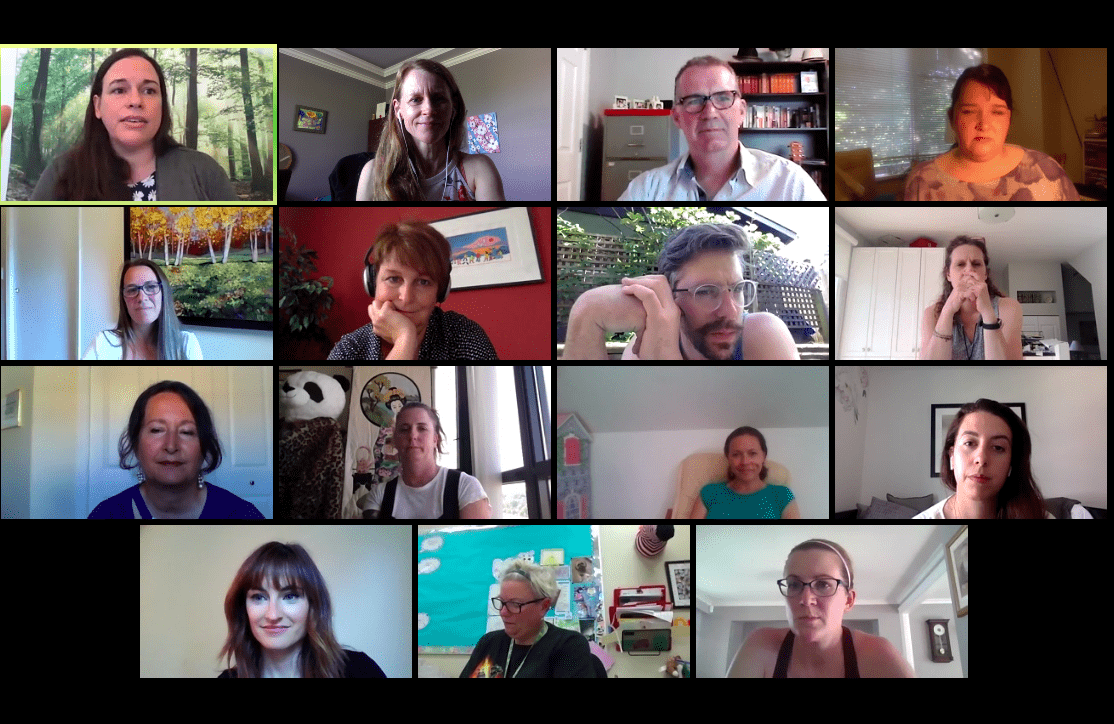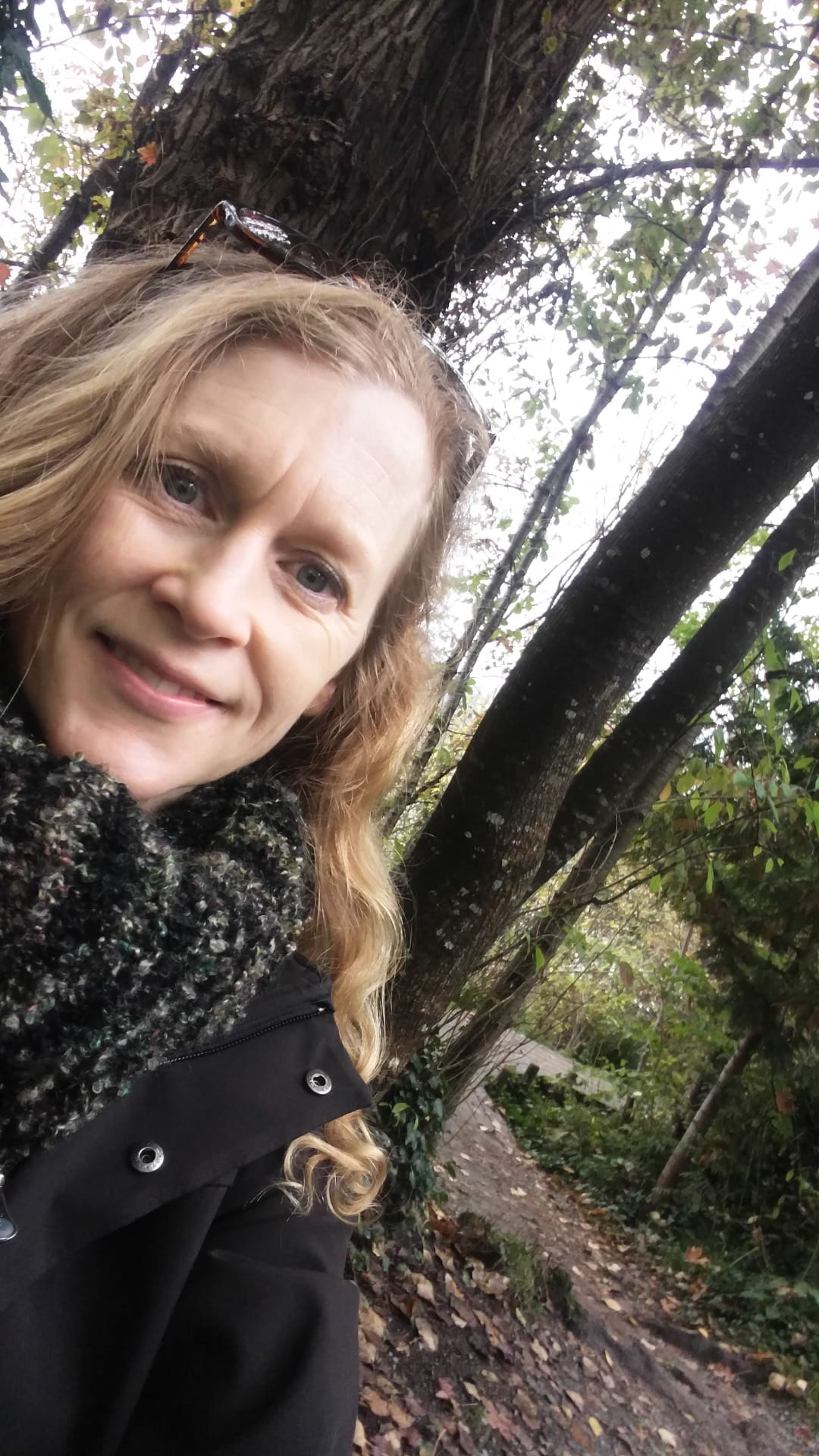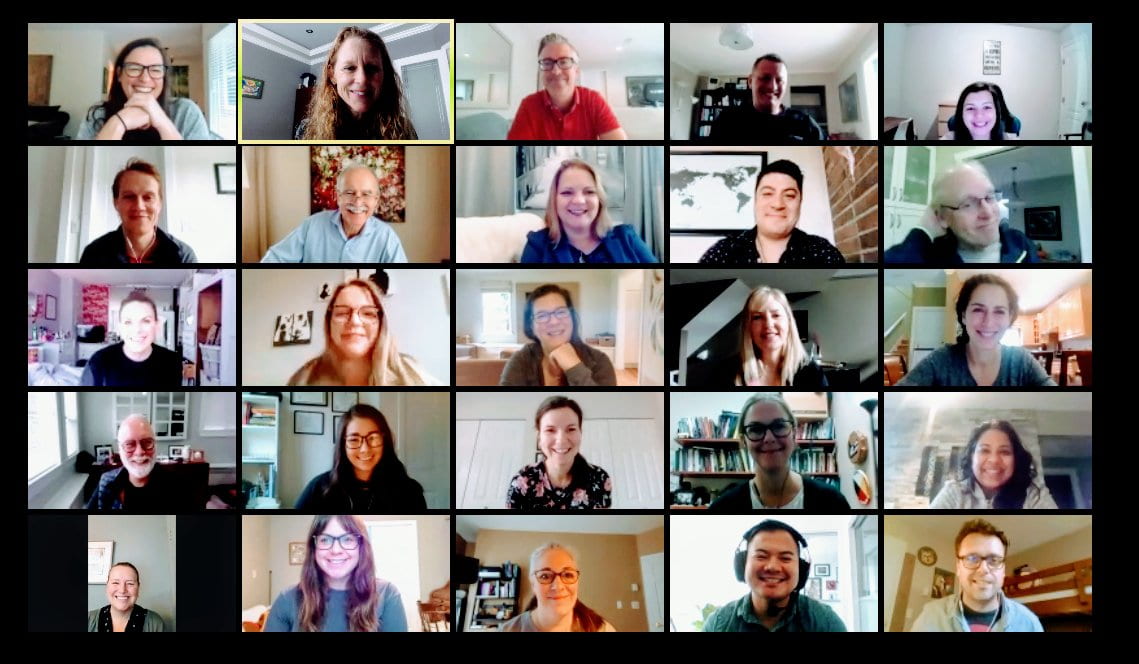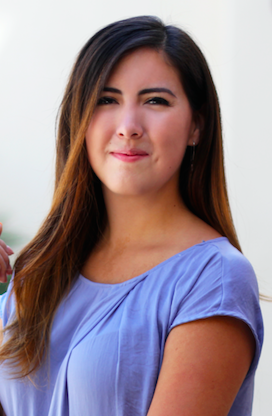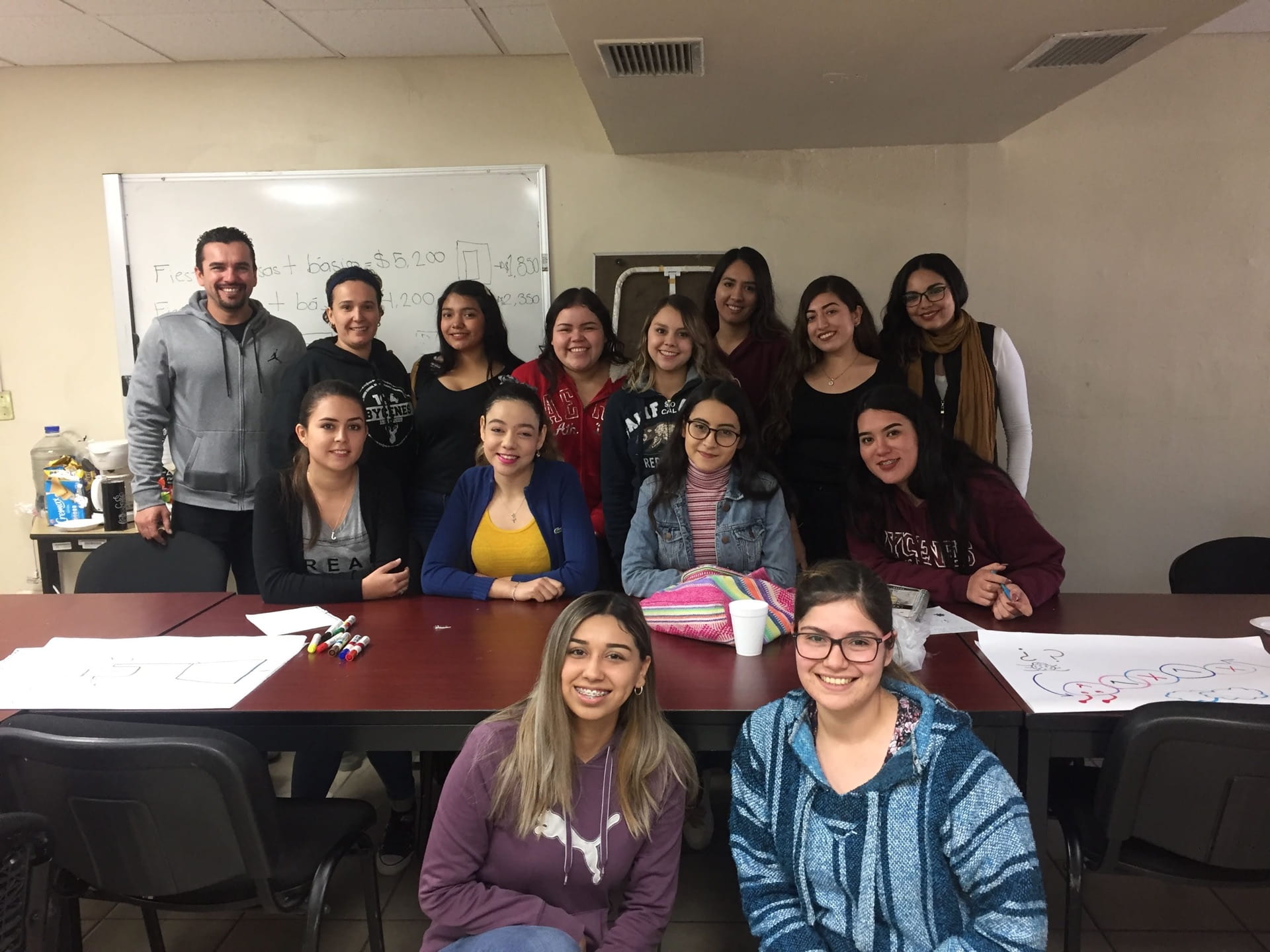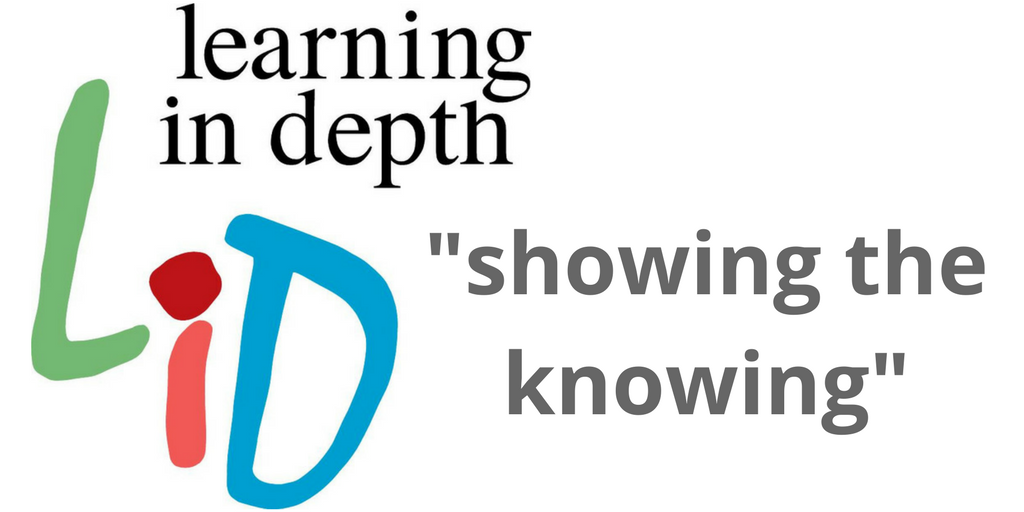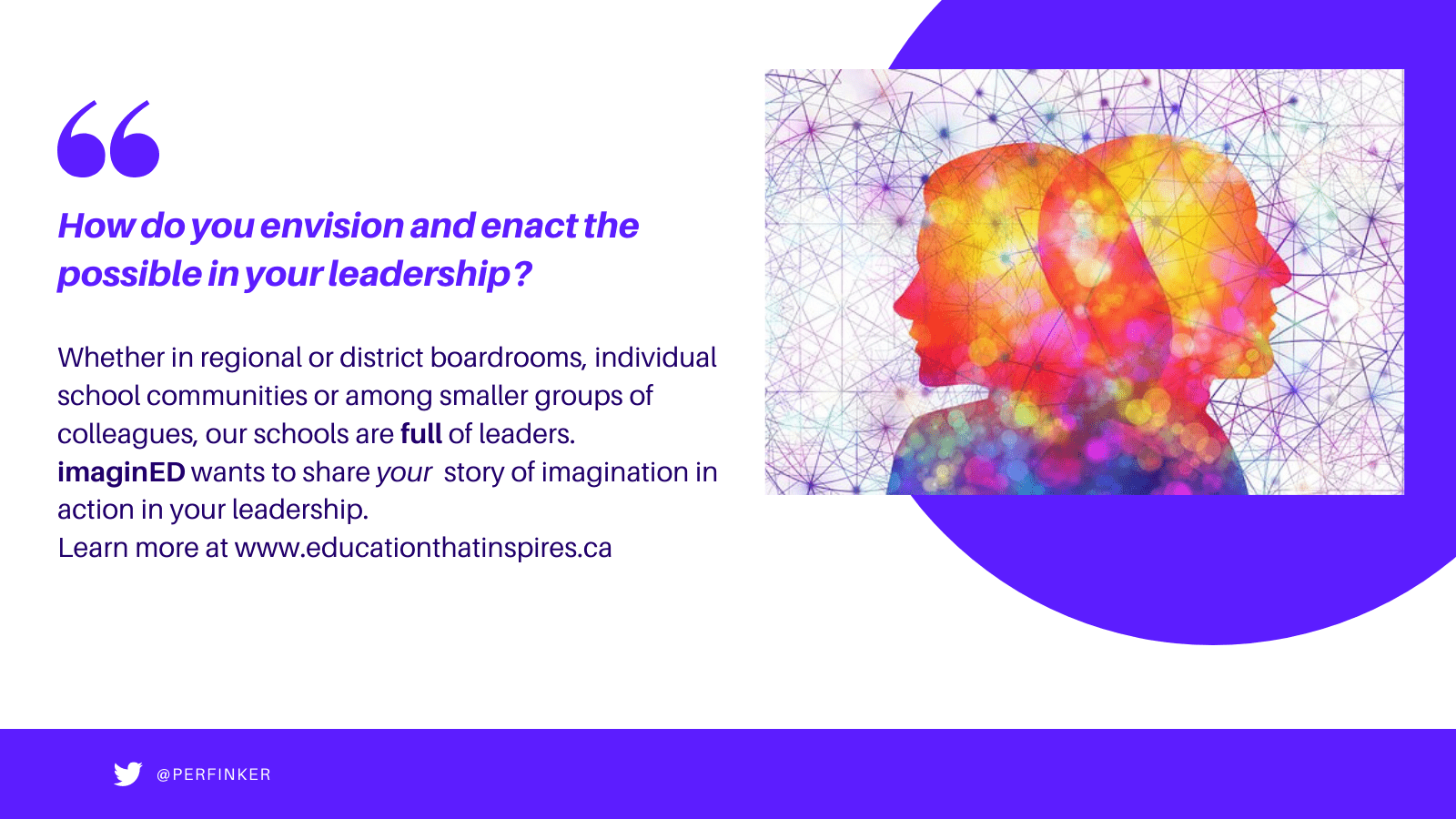E-Bulletin Contents
- Welcome Message (from Dr. Mark Fettes, Executive Director, CIRCE)
- Upcoming Events
- A few of CIRCE’s Events & Adventures (February 2020 – October 2020)
- CIRCE’s Academic Council
- CIRCE International
- Learning in Depth
- Learn More & Participate
- Support CIRCE
Welcome Message from Dr. Mark Fettes, Executive Director, CIRCE
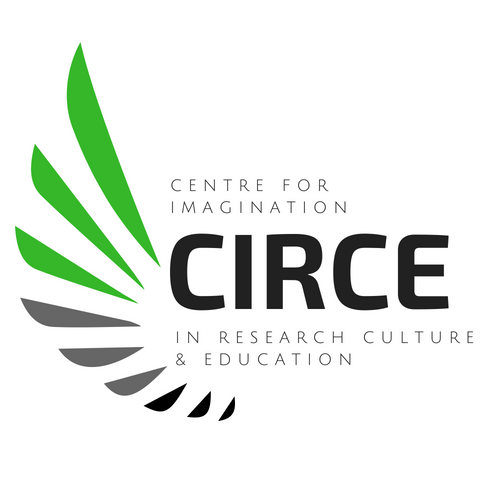 In our last E-bulletin, in February 2020, CIRCE’s Executive Director Gillian Judson looked forward to a year of “new partnerships, new projects, and new passions.” Of course, what we got instead, within days, was another p-word… a pandemic that led to schools being closed around the world, international students returning to their home countries, the explosion of Zoom conferencing and other online educational options, and, for millions of teachers returning to classrooms in recent weeks, a dogged and determined slog to weather what will surely be many more months of living with the virus.
In our last E-bulletin, in February 2020, CIRCE’s Executive Director Gillian Judson looked forward to a year of “new partnerships, new projects, and new passions.” Of course, what we got instead, within days, was another p-word… a pandemic that led to schools being closed around the world, international students returning to their home countries, the explosion of Zoom conferencing and other online educational options, and, for millions of teachers returning to classrooms in recent weeks, a dogged and determined slog to weather what will surely be many more months of living with the virus.
Amidst all this disruption and suffering, is there a place for imagination? Absolutely there is! Imagination is what millions of parents have drawn on during the weeks and months of home schooling, what teachers are using to figure out new ways of taking their classes outside, but also what is driving conversations and movements aimed at “building back better,” at taking the opportunity of this massive disruption to business as usual to ask how our societies can become more equal and just, more sustainable, more responsive to the challenges of living on a finite planet. This is a time for imagination like no other.
In this season of change, CIRCE itself is going through a significant transition. Following her brilliant years of service as our Executive Director, Gillian Judson has moved into an Assistant Professor position in the SFU Faculty of Education, with a focus on educational leadership. She continues to manage the imaginED blog, and later in this bulletin you can read a Call for Proposals for a book on imaginative leadership that she is co-editing. In support of this refocusing of her time and energy, I have taken on the role of CIRCE Executive Director, ably assisted by Chloë Falez (formerly Lum). We are also in the process of renewing the CIRCE Steering Committee, with new SFU education faculty Yumiko Murai and Kristiina Kumpulainen currently exploring with us how they might best be involved. The Academic Council is now jointly led by SFU alumni Anne Chodakowski and Kym Stewart, with participation from a wonderful range of Canadian and international scholars in several disciplines. In this issue you can read about how many other CIRCE initiatives continue to thrive and develop, despite the challenges of this unprecedented time.
How is your work with imagination changing in response to the pandemic? What new prospects do you see opening up in your field? We welcome news from all of our members and supporters around the world. Please visit the website (www.circesfu.ca) to learn more about what CIRCE is doing, and get in touch with us (through the website or at [email protected]) with your information, questions and ideas.
 Sincerely,
Sincerely,
Mark
Executive Director, CIRCE
Upcoming Events
#imaginEDchats 2020-2021 series
We are so excited to launch a new batch of #imaginEDchats for the 2020-2021 school year. Be sure to join co-hosts Lindsay Zebrowski (@MrsZebrasZoo) and Gillian Judson (@perfinker) in this international, warp-speed, high energy chat series which addresses all kinds of imagination-focused topics with educators from PreK through post-secondary. We have 4 fun chats planned for the 2020-2021 school year. Be sure to check out this year’s dates & topics & questions!
The next chat, We LOVE Teaching, is scheduled for February 3, 2020 at 7pm (PST). We hope to see you join this discussion on Twitter (@imaginEDnow).
The Possible’s Slow Fuse
The Possible’s Slow Fuse is a scholarly dialogue series organized by the Centre for Imagination in Research, Culture & Education (CIRCE) and the Research Hub of the Faculty of Education.
The past Possible’s Slow Fuse scholarly 2019-2020 dialogue series featured a fantastic lineup of speakers from SFU’s Department of Education:
- Reimagining Research as Performance (Lynn Fels and Dr. Saliha Bava)
- The Vital Role of Indigenous Imagination in Transformative Reconciliation (Vicki Kelly)
- Mathematising Social Issues to Imagine a Different World (Sean Chorney). If you missed it, you can now watch Dr. Chorney’s Presentation online here.
NEXT UP: Becoming Defractive as Practitioners by Dr. Cher Hill (January, 27 2021 | 1:30-3:00PM PST; Zoom). Read to find out more here.
Interested in attending? Click here to register for Dr. Hill’s discussion. We invite you to bring your ideas and questions, and share and celebrate learning and discovery together.
New Research Grants Explore Ecological Imagination
Two members of CIRCE’s Steering Committee, Sean Blenkinsop and Mark Fettes, collaborated on recent successful grant proposals that continue their long history of working together, which dates back to the mid-2000s. The two professors in SFU’s Faculty of Education were already collaborating in a long-term, SSHRC*-funded project on Gabriola Island, the northernmost of BC’s Southern Gulf Islands, which involves reimagining and reshaping the connections of the local school and community to land and sea in the light of Coast Salish values, teachings and history. The two new grants expand this interest in ecologically responsive, Indigenous-aligned education into new areas.
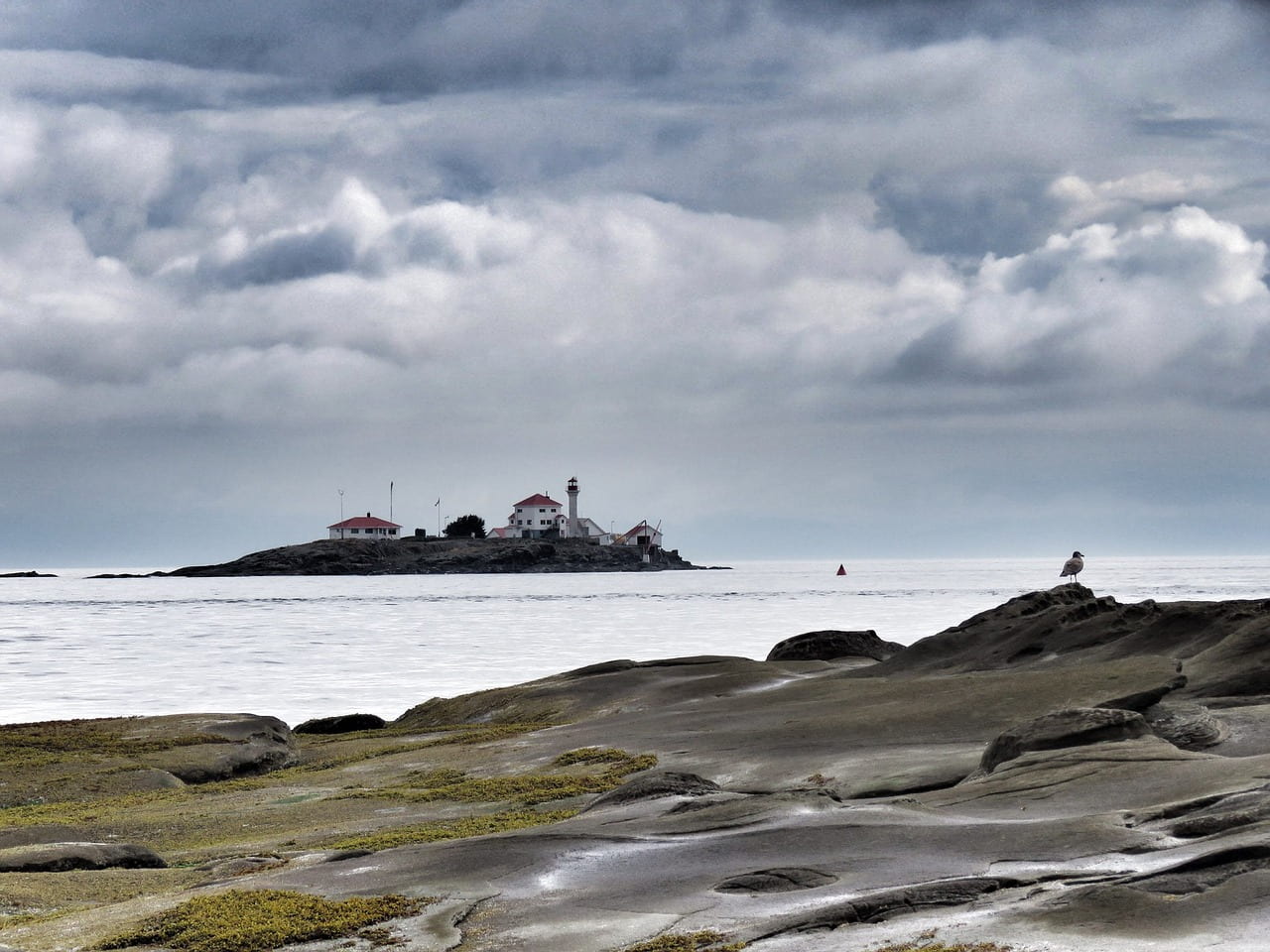 In a project funded by SSHRC’s Knowledge Synthesis program, Blenkinsop and Fettes are working with four research assistants (all at the doctoral or post-doctoral level) to map the educational foundations of eco-social-cultural change in response to the challenge of “living within the Earth’s carrying capacity,” one of 16 “future challenge areas” that are being addressed by researchers across Canada. The difficulty of envisioning such a shift lies in the systemic nature of the problem: what needs reimagining is not just the content of education (what gets taught, e.g. in schools), nor even how education takes place (e.g. out on the land, experientially, in intergenerational settings), but what kinds of understandings and practices and relationships education is seeking to cultivate in the long run. Recently the team has been experimenting with speculative fiction as one way of exploring and expanding possible responses to that question.
In a project funded by SSHRC’s Knowledge Synthesis program, Blenkinsop and Fettes are working with four research assistants (all at the doctoral or post-doctoral level) to map the educational foundations of eco-social-cultural change in response to the challenge of “living within the Earth’s carrying capacity,” one of 16 “future challenge areas” that are being addressed by researchers across Canada. The difficulty of envisioning such a shift lies in the systemic nature of the problem: what needs reimagining is not just the content of education (what gets taught, e.g. in schools), nor even how education takes place (e.g. out on the land, experientially, in intergenerational settings), but what kinds of understandings and practices and relationships education is seeking to cultivate in the long run. Recently the team has been experimenting with speculative fiction as one way of exploring and expanding possible responses to that question.
A second grant, from SSHRC’s Insight program, focuses on studying the formation and transformation of teachers’ practices in place- and nature-based experiential education programs offered by the SFU Faculty of Education. Joining Blenkinsop and Fettes in the project are Assistant Professor Cher Hill and the Associate Director, Advanced Professional Studies, Paula Rosehart, both of whom have played key roles in developing these programs. SFU’s approach involves a unique blend of teacher-led inquiry and the building of relationships with the more-than-human world in the places where the teachers live and work.
*SSHRC: the Social Sciences and Humanities Research Council, the main federal funding body in Canada for educational research, among other fields.
Launch of the Canadian Network of Imagination and Creativity (CNIC)
We are pleased to announce that the Canadian Network for Imagination and Creativity has launched! Please join us in spreading the word. You can follow the CNIC on Twitter @CNICnow.
To read more about this exciting new network and see some of our CIRCE members represented on the CNIC’s board, click here.
CNIC launched their first IDEA JAM—”Play: The antecedent to imagination and creativity?” (hosted by Michael Wilson and Jessica Sokolowski)—on October 15. IDEA JAMS will be held every third Thursday of the month starting at 4pm PST and 7PM EST. These one hour Zoom chats aim to stimulate conversations and debates on a number of diverse and current topics relevant to everyone. The CNIC hopes you will join them in exploring new ideas, making connections, and igniting our imaginations! To find out more and register for the next IDEA JAM, click here.
International Call For Chapter Proposals: Imagination’s Role in Educational Leadership
Submit your 250-word proposal today! (Deadline November 30, 2020)
We invite imagination, leadership, and social justice scholars at various stages of their careers and from all parts of the world to submit case studies, empirical studies, and conceptual scholarship representing diverse and interdisciplinary cultural perspectives. We seek empirical and conceptual research that points to the influence of imagination on institutional culture, pedagogy, and learning, and, centrally, on community development and social justice. This may include, for example, how imagination enables leaders to understand themselves and others, to communicate in meaningful ways, to generate new ideas, to cultivate cultures in which imagination may thrive, to challenge dominant social imaginaries, and to create new and just ways of thinking, being, and doing.
Contributions might explore:
- conceptualizations of imagination in a range of leadership practices and contexts;
- conceptualizations of leadership, both formal and informal, and what is made possible in imaginative approaches to educational leadership (from Kindergarten through Post-secondary);
- imagination’s role in policy creation and implementation;
- current challenges in leadership and imaginative approaches to addressing these challenges;
- how imagination in leadership can promote equity and social justice within the school and beyond.
Get all the details here by clicking the link: Call for Chapter Proposals Imagination in Leadership
A few of CIRCE’s Events & Adventures (February 2020 – October 2020)
Walking Curriculum
There is a tendency to assume that large, urban schools—with their state-of-the-art computer services and science super-labs—are at the forefront of educational innovation. But in my experience, sometimes it’s smaller rural schools that are truly pushing the envelope. At the end of August, I had the good fortune to be invited to one such school, Nicola Canford Elementary, on the outskirts of Merritt, B.C., to lead a workshop on The Walking Curriculum and other place-based strategies. The school is situated in the gorgeous Nicola Valley, providing plenty of natural affordances for outdoor learning, but the schoolyard also features a recently constructed “Traditional Outdoor Calming Space” that greatly expands opportunities for both outdoor learning and incorporating the First People’s Principles of Learning.
The space was designed with the support of Nɬeʔkepmx Elders to honour and implement local teachings around self-regulation and gratitude for the natural world. It includes, among other features, a small waterfall with “reflection rocks” where students can sit and practice deep listening for five breaths at a time; a flat stream section where students can wash away negative feelings with “worry stones;” and a reflective perimeter pathway where four piles of “Grandfather stones” have been placed in each of the sacred directions. The area also includes a small garden and a host of traditional plant medicines: juniper, sage, saskatoon, kinnikinnick, and red willow, to name but a few.
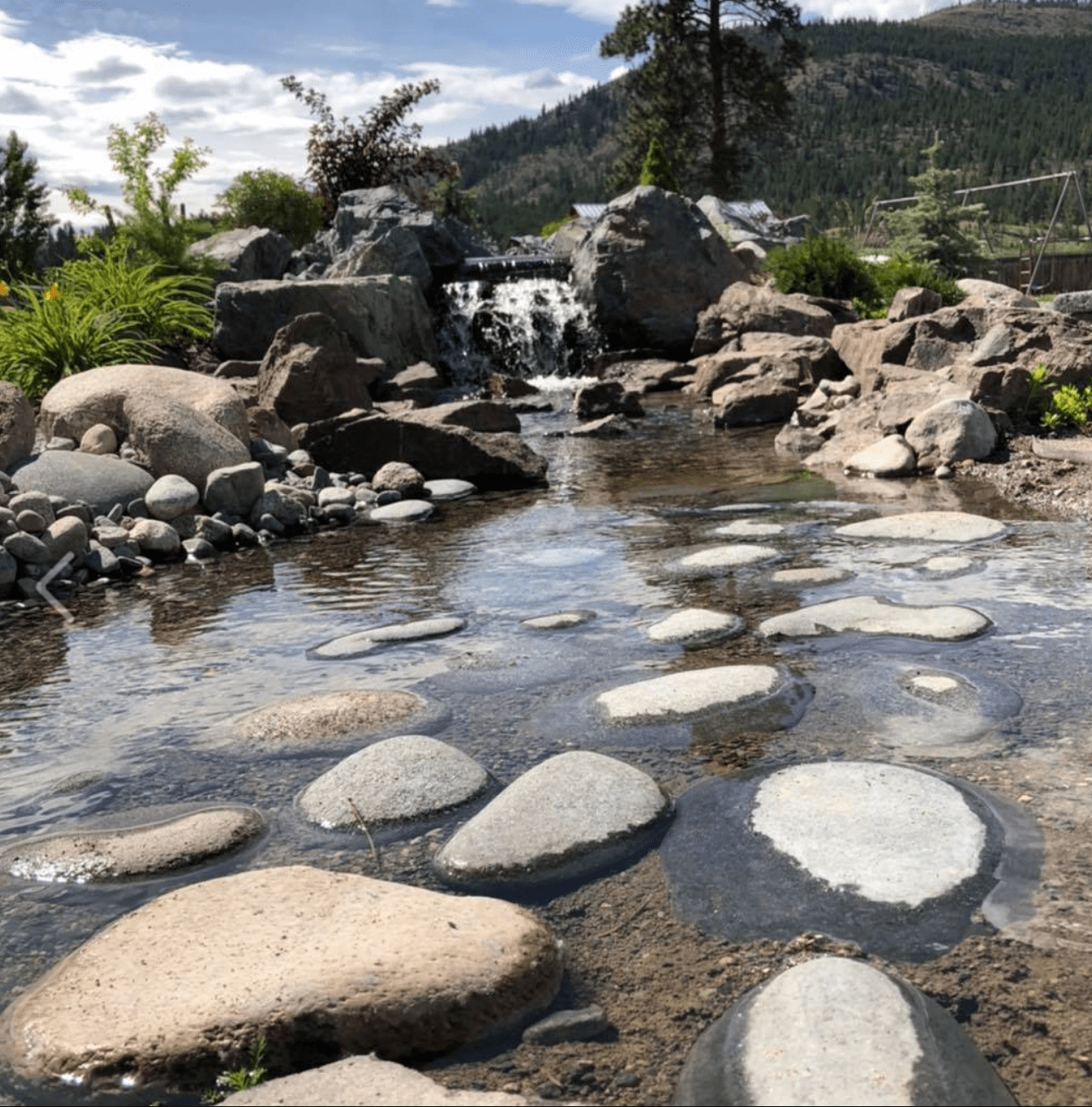 As teachers and First Nation support workers fanned out on a “Texture Walk,” trying to locate something fuzzy, sticky, and skin-like, they were naturally drawn to the somatic (bio)diversity of the calming space. Burt Bergmann, principal at Nicola Canford, later explained to group, that exploring the curriculum through such intentional spaces with attentive walks takes students beyond a “recess mindset” and redirects them from using a space (like any other) to what this place has to teach. Shelley Oppenheim-Lacerte, district principal of Aboriginal Education, closed our circle by reiterating the importance of such work to authentically incorporating Indigenous values into our schools.
As teachers and First Nation support workers fanned out on a “Texture Walk,” trying to locate something fuzzy, sticky, and skin-like, they were naturally drawn to the somatic (bio)diversity of the calming space. Burt Bergmann, principal at Nicola Canford, later explained to group, that exploring the curriculum through such intentional spaces with attentive walks takes students beyond a “recess mindset” and redirects them from using a space (like any other) to what this place has to teach. Shelley Oppenheim-Lacerte, district principal of Aboriginal Education, closed our circle by reiterating the importance of such work to authentically incorporating Indigenous values into our schools.
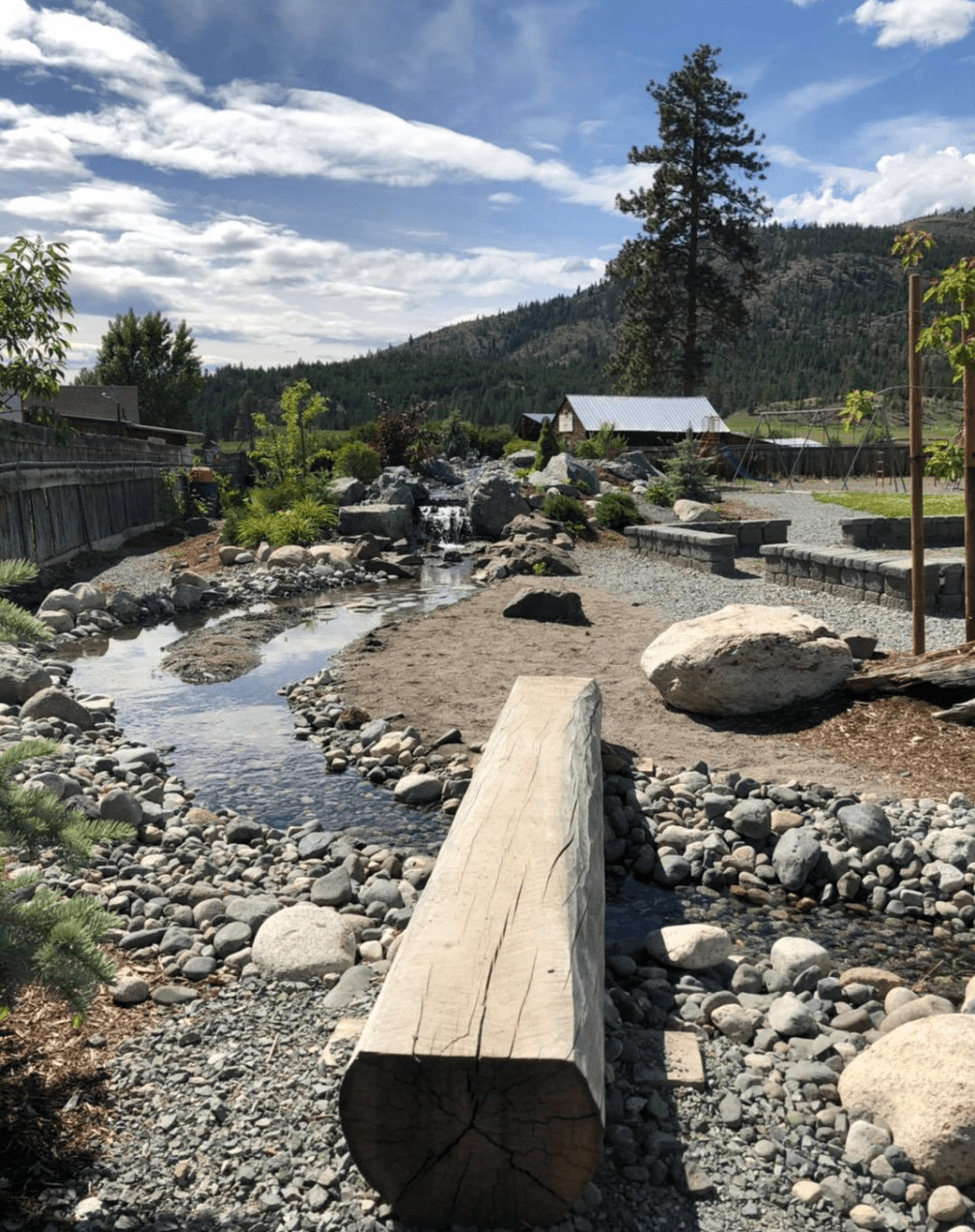 The Walking Curriculum can be implemented in virtually any environment and, at the end of the day, the most important thing is to just #getoutside. But as I watched groups of educators excitedly and attentively explore the Traditional Calming Space—some looking for faces on a (Sur)faces Walk, others exploring heroic qualities in a Pattern Walk—I was struck by the vision of a new kind of learning where schools become places that thoughtfully interweave curricular objectives with biodiverse places and Indigenous values. What could be more innovative than that?
The Walking Curriculum can be implemented in virtually any environment and, at the end of the day, the most important thing is to just #getoutside. But as I watched groups of educators excitedly and attentively explore the Traditional Calming Space—some looking for faces on a (Sur)faces Walk, others exploring heroic qualities in a Pattern Walk—I was struck by the vision of a new kind of learning where schools become places that thoughtfully interweave curricular objectives with biodiverse places and Indigenous values. What could be more innovative than that?
The Walking Curriculum is Growing!
The Walking Curriculum: Evoking Wonder and Developing Sense of Place (K-12) has gained recent popularity among educators hoping to do more teaching outside during the COVID-19 pandemic. Those who already use the Walking Curriculum say that it is an accessible way for educators K-12 to consider how to bring Place-focused inquiry into their teaching in cross-curricular and imaginative ways. But it isn’t for educators alone—parents love it too. At the start of the pandemic, when families were teaching their kids from home, Gillian Judson was thrilled to offer 881 free ebook copies of the book to people around the world. Since the pandemic was declared Gillian has done two “virtual” WC workshops—not her first choice, but in both cases, educators took the walks outside to explore their local places and got a feel for their message:
The Walking Curriculum got a shout-out in the Surrey Parks set of resources for outdoor learning (Awareness building activities) and is listed as a recommended resource by the Council of Outdoor Educators of Ontario. Cool news: The Walking Curriculum will now be available at Kidsbooks in Vancouver and also through the Outdoor Learning Store. Want to learn more about how educators are using the Walking Curriculum? Check out the action #walkingcurriculum on Twitter and some sample walks from teachers on imaginED here.
Looking Back On #imaginEDchats (February 2019 – October 2020)
Here’s an overview of the chats that took place from February 2019 to October 2020…
- Life is an Adventure: Putting Wonder & Engagement First
- imagiNATION: Coming Together, At A Distance
- Being a Reflective Imaginative Educator: Special #imaginED Slow Chat
- Thinking Back: Sharing #oneword answers in a Speedy Chat
- Fall Frenzy
Read more to find out what #imaginEDchat co-pilot Lindsay Zebrowski’s favourite chat was from this school year’s series!
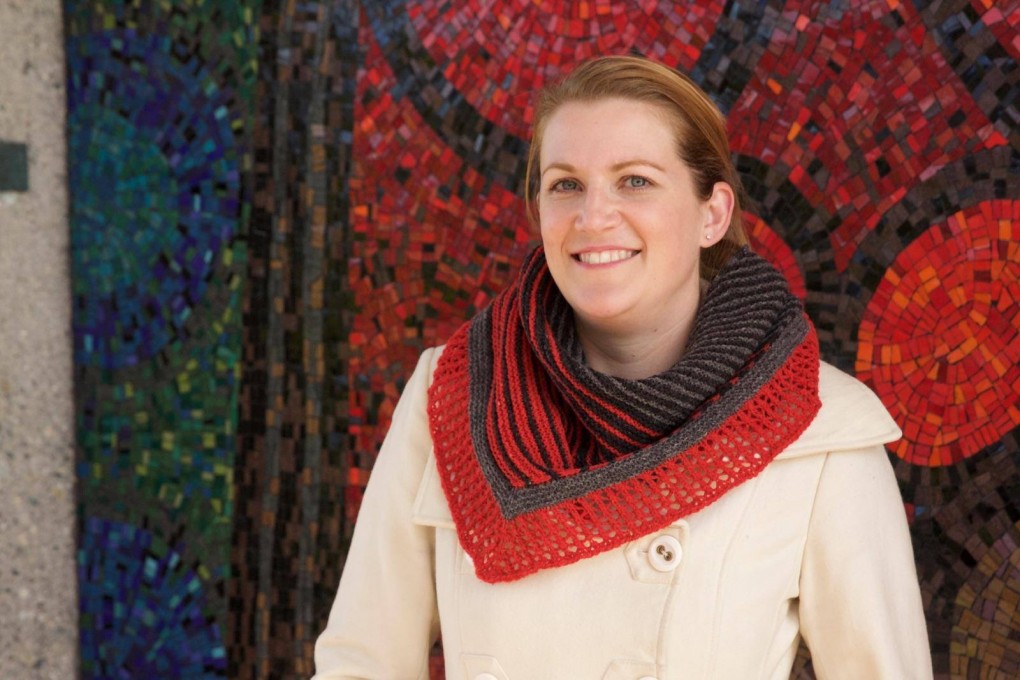 By Lindsay Zebrowski (@MrsZebrasZoo)
By Lindsay Zebrowski (@MrsZebrasZoo)
The final chat in our 2019-2020 #imaginEDchat Twitter series was a #OneWord wrap-up in June. If there is one word to describe these Wednesday evening sessions it is FAST! Just before 7pm every other month I toss my twin toddlers at their dad, pour myself a little refresher, and dash off to join Gillian Judson (@perfinker) to co-pilot the chat. An hour later the glass is still untouched, there are 17 tabs open on my laptop, and both my collection of inspirational educators to follow and my reading list have grown exponentially.
We designed the 2019-2020 chat series to take us through a progression mimicking the Imaginative Educator’s toolkit – from Teaching as Storytelling in the fall, through the Wonder and Engagement of Adventure in the new year, and on to the Idea-Centered classroom in the spring.
 Then came COVID and our exploration of the Philosophic was shelved in favour of sharing much-needed ideas on juggling work-life balance, getting outside, managing Zoom fatigue, and the many other challenges that came with teaching and living during various stages of shutdown. Luckily, the #OneWord wrap-up (my personal favourite) was still relevant and brought a bit of lighthearted fun as we all scrambled to find the perfect GIF to reflect the realities of teaching during a pandemic. The 2020-2021 edition of #imaginEDchat kicked off on October 14th with our #FallFrenzy as we looked back at the whirlwind that was September 2020.
Then came COVID and our exploration of the Philosophic was shelved in favour of sharing much-needed ideas on juggling work-life balance, getting outside, managing Zoom fatigue, and the many other challenges that came with teaching and living during various stages of shutdown. Luckily, the #OneWord wrap-up (my personal favourite) was still relevant and brought a bit of lighthearted fun as we all scrambled to find the perfect GIF to reflect the realities of teaching during a pandemic. The 2020-2021 edition of #imaginEDchat kicked off on October 14th with our #FallFrenzy as we looked back at the whirlwind that was September 2020.

The Conclusion of the Imagination Champions Series
 By Cecily Heras
By Cecily Heras
The Imagination Champions Professional Learning series was a four-part workshop series held between Nov 2019 and May 2020, hosted by CIRCE and sponsored by community partner, Envision Financial. The cohort of 15 teachers from around the lower mainland met to share their enthusiasm for imagination in education.
Leading by example, Dr. Gillian Judson story-shaped the first workshop, helping participants access their own imaginative capabilities in envisioning the possible, not just the actual. The second workshop began with Dr. Judson asking the cohort to consider just what feeds the imagination, delivering a lightning-speed introduction to two amazing programs: Learning in Depth and Imaginative Ecological Education. Both of these programs challenge us all to re-envision how and where learning takes place.
Despite the pandemic pushing us online, our cohort met again for two more exciting and informative sessions. In collaboration with the Charles Chang Institute for Entrepreneurship, the cohort was introduced to two more amazing programs to help fuel their own imaginative praxis within the classroom: PowerPlay and YELL. Both programs, introduced by guest speakers Bill Roche and Amit Sandhu, are focused on awakening and encouraging the entrepreneurial mindset in school-aged children and can be brought into any classroom.
The series concluded with a personal message for our Imagination Champions from Dr. Rob Hopkins, author of From What Is to What If: Unleashing the Power of Imagination to Create the Future We Want. This was followed by six of our CIRCE mentors and a representative from PowerPlay who shared examples of how they engage imagination and use Imaginative Education in their classrooms.
Thanks to the support from Envision Financial and the Charles Chang Institute for Entrepreneurship, over the course of seven months not only did participants share memorable and interesting sessions which looked at the various ways teachers can engage their students in any classroom and subject, they left with a broad range of creative ideas, a variety of resources, and specific lessons which they are encouraged to use, adapt, and share with colleagues.

The Conclusion of the Imaginative Schools Network Symposium Series
The Imaginative School Network (ISN) symposium is hosting its final session at the end of October. We anticipate a lively, interactive day as students in the Imaginative K-12 Leadership MEd cohort lead our community of leaders in small groups, online discussions on topics that include Imaginative schools in community context (What kinds of relationships do imaginative schools have with their families and human/natural communities? How do imaginative schools work collaboratively on such issues as curriculum, scheduling, use of space? How is the imaginative school- community relationship envisioned?) and Imaginative schools and the BC curriculum (What is the role of imagination in integrating Indigenous perspectives and knowledge across subject areas? How do imaginative schools support Reconciliation? How do imaginative schools ensure the development of the core competencies in all students? How do imaginative schools support equity and social justice?). Learn more about the ISN Symposium #1 here and Symposium #2 here.
Since the Spring of 2020, a group of four imaginative school leaders (Rose Pillay, Craig Mah, Courtney Robertson, Jonathan Sclater) have joined Gillian Judson in a collaborative project looking at the roles of imagination in leadership practice. One feature of this project is to examine leaders’ stories of imagination in action in their work. You can find their four stories and others submitted by imaginative leaders from the ISN community on imaginED here.
Academic Council
Meet CIRCE’s New Academic Council Co-Facilitators
Anne Chodakowski and Kym Stewart are pleased to be co-facilitating CIRCE’s Academic Council for the 2020-2021 academic year. To get to know the Academic Council’s new co-facilitators, please read their biographies below…
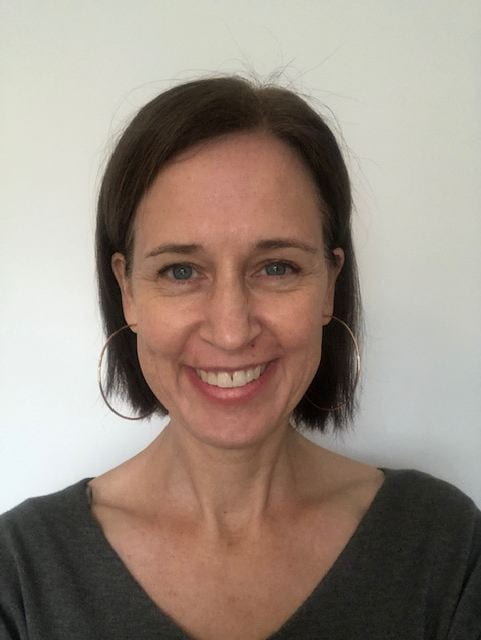 Anne Chodakowski (PhD) was a high school English and drama teacher before beginning doctoral studies in Education at Simon Fraser University in 2003. She has been affiliated with the Imaginative Education Research Group (IERG) since that time. As a member of IERG, Anne authored and co-authored several book chapters on Imaginative Education, presented at numerous conferences, gave workshops with the research group, was a research assistant working on various projects related to Imaginative Education, and wrote her dissertation on Imaginative Teacher Education. Anne’s interests include Imaginative Teacher Education, imaginative assessment, teacher professional development, oral language development, drama, literacy and body based pedagogies. More recently, Anne has become interested in how the tools of imaginative education can be used in broader cultural contexts, including psychology and personal development. Anne has been a sessional instructor in the Faculty of Education and is currently an independent curriculum designer.
Anne Chodakowski (PhD) was a high school English and drama teacher before beginning doctoral studies in Education at Simon Fraser University in 2003. She has been affiliated with the Imaginative Education Research Group (IERG) since that time. As a member of IERG, Anne authored and co-authored several book chapters on Imaginative Education, presented at numerous conferences, gave workshops with the research group, was a research assistant working on various projects related to Imaginative Education, and wrote her dissertation on Imaginative Teacher Education. Anne’s interests include Imaginative Teacher Education, imaginative assessment, teacher professional development, oral language development, drama, literacy and body based pedagogies. More recently, Anne has become interested in how the tools of imaginative education can be used in broader cultural contexts, including psychology and personal development. Anne has been a sessional instructor in the Faculty of Education and is currently an independent curriculum designer.
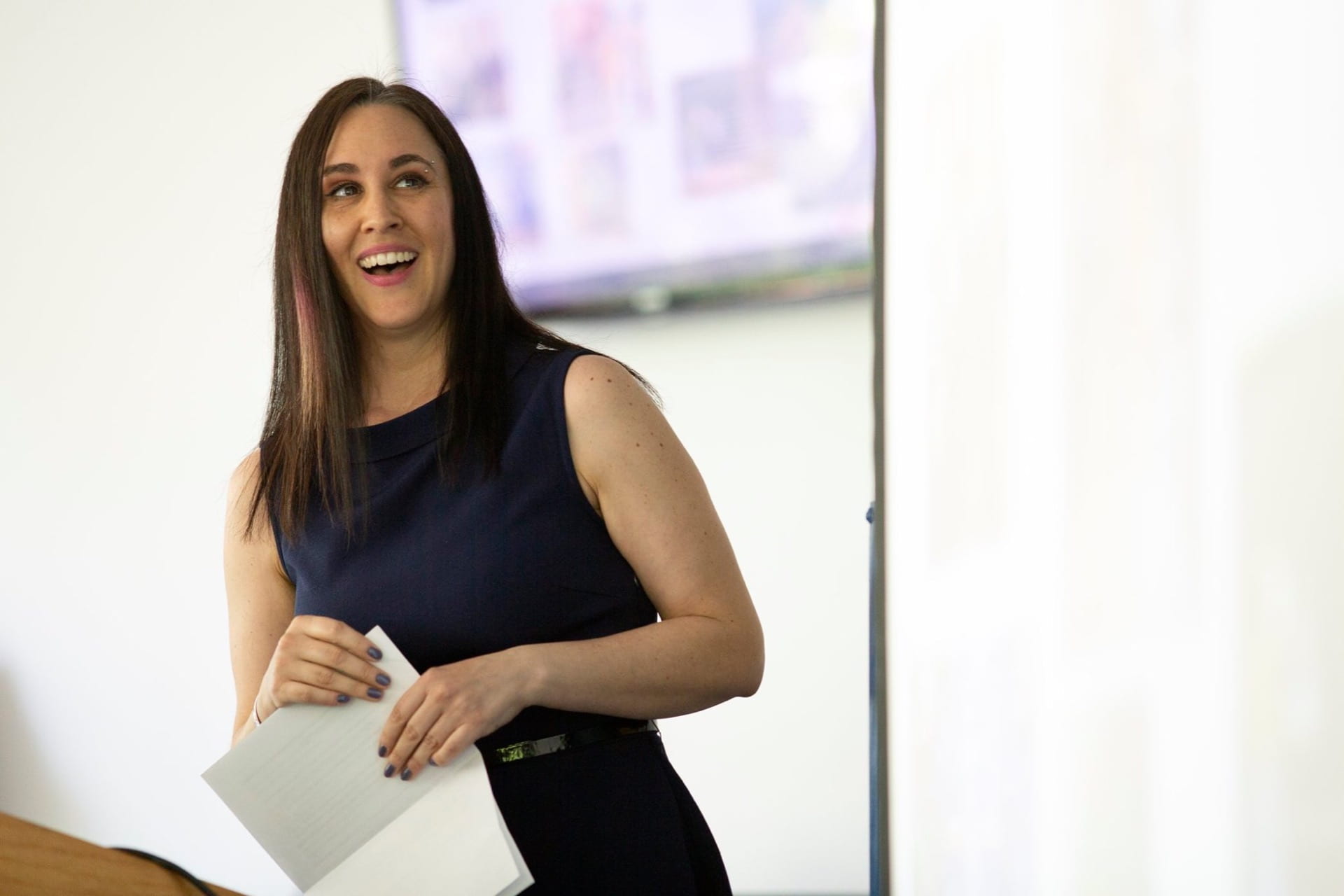 Kym Stewart (PhD) began working with the Imaginative Education Research Group (IERG) in 2004. As a research assistant she worked with Dr. Mark Fettes and the LUCID (Learning for Understanding through Culturally Inclusive Imaginative Development) research group. She completed her PhD from the Faculty of Education at Simon Fraser University with a focus on Imaginative Education, media education in elementary schools and the use of Metissage as a research methodology. Her MA, from the School of Communication at SFU, was completed after a yearlong stay in South Korea where she researched the growing online gaming environment. The focus of Imaginative Education and media studies provides the basis for her current work, as an instructor, in the School of Communication at Capilano University.
Kym Stewart (PhD) began working with the Imaginative Education Research Group (IERG) in 2004. As a research assistant she worked with Dr. Mark Fettes and the LUCID (Learning for Understanding through Culturally Inclusive Imaginative Development) research group. She completed her PhD from the Faculty of Education at Simon Fraser University with a focus on Imaginative Education, media education in elementary schools and the use of Metissage as a research methodology. Her MA, from the School of Communication at SFU, was completed after a yearlong stay in South Korea where she researched the growing online gaming environment. The focus of Imaginative Education and media studies provides the basis for her current work, as an instructor, in the School of Communication at Capilano University.
The Academic Council Kicks Off Another Year!
By Anne Chodakowski and Kym Stewart
 Our September meeting, attended by about twelve members, launched our year with great enthusiasm and camaraderie. Taís and Roberta Bento from Brazil shared their work supporting teachers in Brazil; specifically, how they have mobilized their educational and cultural resources, in creative and thoughtful ways, to support teachers and parents doing online learning during the COVID-19 pandemic. After their inspiring presentation, the conversation turned to a consideration of how we, as members of the CIRCE Academic Council, might use some of these same principles and strategies in our own work and in our relationships with teachers in our respective local contexts. Participants each shared what they feel are the most important elements for us to think about while teaching during this pandemic. The four key terms that emerged from the discussion were opportunity, hope, courage and action. We look forward to seeing how these themes/heroic qualities will arise and shape our further meetings of the CIRCE Academic Council throughout the year. We are looking forward to a year of stimulating educational dialogue and imaginative exploration.
Our September meeting, attended by about twelve members, launched our year with great enthusiasm and camaraderie. Taís and Roberta Bento from Brazil shared their work supporting teachers in Brazil; specifically, how they have mobilized their educational and cultural resources, in creative and thoughtful ways, to support teachers and parents doing online learning during the COVID-19 pandemic. After their inspiring presentation, the conversation turned to a consideration of how we, as members of the CIRCE Academic Council, might use some of these same principles and strategies in our own work and in our relationships with teachers in our respective local contexts. Participants each shared what they feel are the most important elements for us to think about while teaching during this pandemic. The four key terms that emerged from the discussion were opportunity, hope, courage and action. We look forward to seeing how these themes/heroic qualities will arise and shape our further meetings of the CIRCE Academic Council throughout the year. We are looking forward to a year of stimulating educational dialogue and imaginative exploration.
CIRCE International: (February 2020 – October 2020)
Updates from Mexico
Here’s a brief update about the teacher education project taking place in Sonora, México…
Last summer, our group of 12 student teachers–our fourth cohort–graduated from their Bachelor of Education (PreK-6) program at Escuela Normal del Estado de Sonora presenting their Imaginative Education focused thesis projects. Congratulations to our graduates!
Needless to say, we’ve all faced big challenges this year, but with imagination, possibilities arise and save the day. This project started four years ago with the main goal of giving student teachers an opportunity to learn about Imaginative Education while researching its practice in the classroom. However, this year’s focus was on reflecting about the planning process which is embedded with cognitive tools while engaging teachers’ emotions and imaginations.
Special thanks to Dr. Gillian Judson and CIRCE’s Academic Council for advising and sharing valuable ideas with the local team.
Updates from Brazil
 By Roberta and Taís Bento
By Roberta and Taís Bento
Despite the innate challenges to the implementation of Learning in Depth, piled up with the adversity of our current situation, Maple Bear SJC, the first school to introduce the LiD program in Brazil, has found that the lack of classroom presence could promote the students’ development in ways that may not have been possible otherwise.
In this year’s LiD’s development, many students began to get acquainted with new tools that they can use to their advantage when learning about their topics. They could organize their activities, not only adding texts or terms related to what they were learning, but videos and pictures that they’ve found online and also their own digitalized drawings. While they could have done the same thing in the classroom without any type of technology, they began to learn how to use a powerful presentation tools — a skill that they will most likely need while moving forward with their student and eventually professional lives.
 Some students even took their computer skills to another level. ND, a fifth grader, created a game where you could make a bear jump up and down. (Yes, that’s exciting!) A player would get ND’s bear to move around in an interactive game, when he had applied the knowledge of his topic in a foreign platform, learning a little bit of coding, physics, and exercising his logical thinking in the process.
Some students even took their computer skills to another level. ND, a fifth grader, created a game where you could make a bear jump up and down. (Yes, that’s exciting!) A player would get ND’s bear to move around in an interactive game, when he had applied the knowledge of his topic in a foreign platform, learning a little bit of coding, physics, and exercising his logical thinking in the process.
What’s more, a milestone in the life of every educated person, 5th grade students began honing their research skills. With instruction provided by educators and the help of their families, students discovered the wonders of having a question and learning how to answer it for themselves — not only by saying “I found this on the internet,” but by learning how to cite sources as well. While the internet can be crowded with funny, entertaining, and, most certainly, dubious things, the students of Maple Bear SJC applied some of their time this year learning how to find credible answers to the many questions they have regarding their topics and the world around them.
 In online and small in-person classes, students became acquainted with saying “this is the fact X and Y according to the source Z.” What’s “Z”? It does not matter. This is a crucial skill for children to become functioning young adults, to discern a fact from an opinion, to buffer against the plethora of claims that could taint their acquisition of knowledge and, most importantly, to build a way to see the world that is critical to their intellectual development.
In online and small in-person classes, students became acquainted with saying “this is the fact X and Y according to the source Z.” What’s “Z”? It does not matter. This is a crucial skill for children to become functioning young adults, to discern a fact from an opinion, to buffer against the plethora of claims that could taint their acquisition of knowledge and, most importantly, to build a way to see the world that is critical to their intellectual development.
In the end, their topics and their particularities were a pathway for each student to learn things that could be seen as a bonus, maybe an extra way to stretch their imagination, but certainly a leap to becoming experts at Learning in Depth.
For 2021, LiD is going to grow and reach many more children all over Brazil. Private and Public Schools all over the country will have a chance to become experts on their topic and build skills for life!
Here are some of the Learning in Depth Students at Maple Bear SJC:
Update from Chile
 By Mark Fettes
By Mark Fettes
In recent years, CIRCE has collaborated closely with Universidad Finis Terrae (UFT) in Santiago, Chile, organizing week-long seminars for Chilean teachers in Vancouver, sending lecturers in imaginative education to Chile, and exploring joint projects in publishing and teacher education. Over the past year, however, these activities have been curtailed, first owing to political and economic unrest in Chile and then because of the pandemic. Work is now underway now to revitalize the partnership, beginning with a three-day online seminar in January 2021. We are also exploring a three-way collaboration between Chile, British Columbia and Mexico in the mentoring of imaginative teachers.
Learning In Depth
LiD Reflections in a K-3 Classroom
By Cecily Heras
I began my journey with LiD in a blended K-3 classroom at new ecological school based on the North Shore of Vancouver. As there was no previous interaction with LiD, and many of the children are very young (12 of the 20 are in kindergarten or grade one, and the pandemic has interrupted their learning from the previous year) certain ideas needed to be cemented before personal topics could be assigned. In order to address the basic questions such as “Where do we go when we want to find information?” and “In what ways can I express my learning?” I decided to begin a class-wide LiD project on Spirit/Kermode bears, our school’s animal mascot, found only in British Columbia.
Though we will not necessarily go as far as a true LiD project, this introduction was designed to help children begin to understand how LiD will work.
Students shared their knowledge then were introduced to our school library, during which we explored several books about spirit bears. This was the first formal research many had ever done. Students then reflected on their learning in their LiD journals. Many students drew pictures as they are still learning how to read and write, but which nonetheless showed that they had gained some critical knowledge of our topic. Some showed the trees in which the bears build their den, while others depicted mother and child in different colours. Some of the literate students wrote down the ideas they had learned, while still others extended the learning beyond the journals, investigating just how tall a male spirit bear is by laying on the floor next to a measuring tape.
Next the students were introduced to the moving parts wall in the classroom and asked to make a spirit bear or something related to it. Students used a whole variety of blocks, LEGO, foam balls, wire, boxes, bark, sticks, paper tubes, and more, to build habitats, bear families, bear tracks, and individual spirit bears. In addition to this, I sang a song I knew about a bear, as well as shared the Gitga’at and Kitasoo legend of why some of the spirit bears are white.
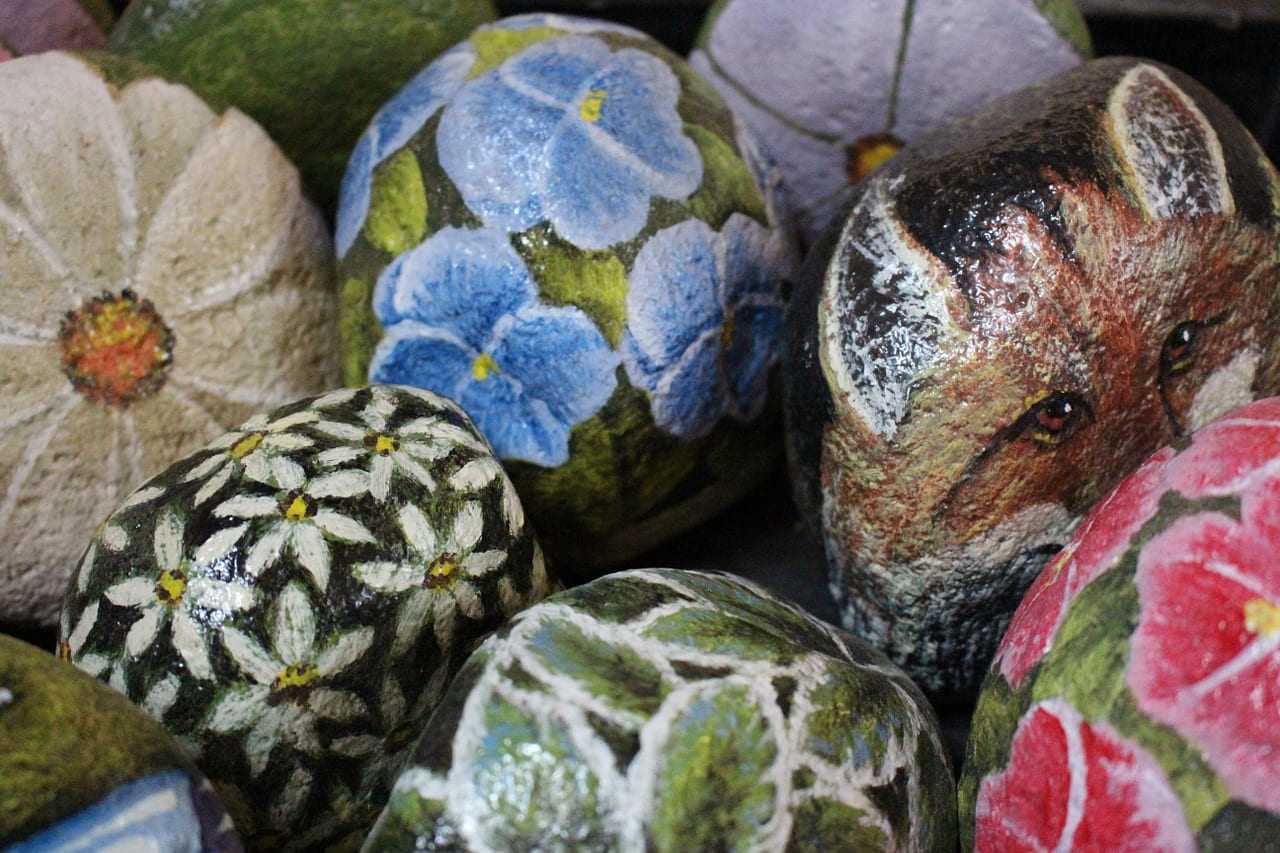 At this point, our third session, I think it is time to gift the students their personal topics. Rocks have been painted with the LiD topics I have chosen for the year, which students can place around the classroom. Each relates to the natural world, and can be accessed within our community in order to follow the school’s aim of creating engagement in this place. Unfortunately, the reality of the pandemic has changed the way parents can interact in the classroom. Rather than having a large ceremony where family can attend, we will need to have a small, intimate ceremony with only students and teachers present. Regardless, the students will be gifted their topics in a formal way with accompanying fanfare in order to make the gifting memorable and special. Parents have been alerted to the project through a letter in the weekly newsletter. LiD will be updated every week, and parents will be asked to engage in the project through dialogue, questions, trips to the library and more.
At this point, our third session, I think it is time to gift the students their personal topics. Rocks have been painted with the LiD topics I have chosen for the year, which students can place around the classroom. Each relates to the natural world, and can be accessed within our community in order to follow the school’s aim of creating engagement in this place. Unfortunately, the reality of the pandemic has changed the way parents can interact in the classroom. Rather than having a large ceremony where family can attend, we will need to have a small, intimate ceremony with only students and teachers present. Regardless, the students will be gifted their topics in a formal way with accompanying fanfare in order to make the gifting memorable and special. Parents have been alerted to the project through a letter in the weekly newsletter. LiD will be updated every week, and parents will be asked to engage in the project through dialogue, questions, trips to the library and more.
Learn More & Participate
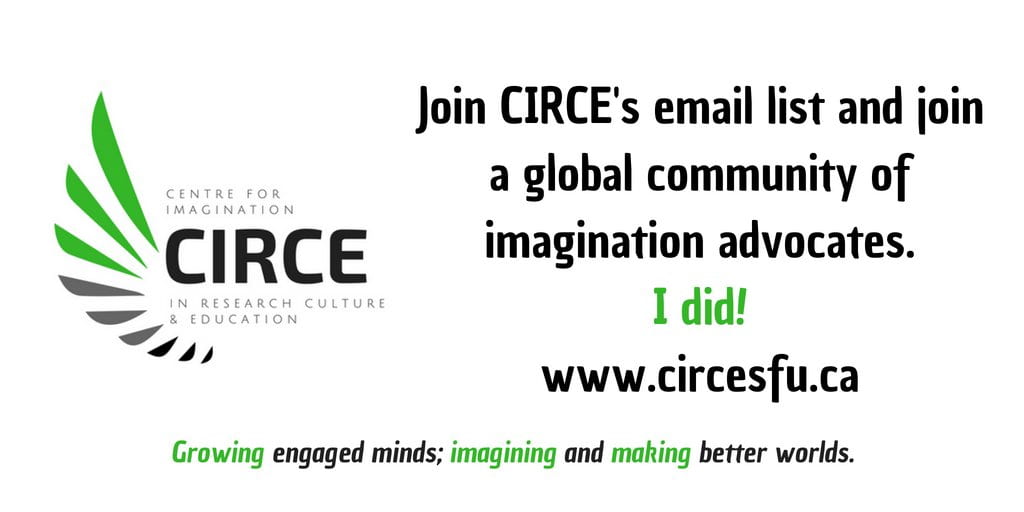
There are lots of ways to get involved with CIRCE. Follow CIRCE on Instagram here (as well as LiD on INSTA here). You can learn lots about CIRCE on Twitter here, including the latest news and events going on in CIRCE.
Interested in writing for us? We are always on the lookout for new guest writers on our blog imaginED. We are interested in exploring the multifaceted roles imagination plays in our world. We publish posts on education, but also business, theatre, design, arts—you name it! What connects the varied content on our blog is the focus on imagination: the ability to envision the possible at the heart of human culture. Please don’t hesitate to contact us if you are interested in sharing your imagination-focused practices/ideas with our community.
NEW to imaginED: Call For Leadership Stories
Our schools are FULL of leaders. Share YOUR story of how imagination has fuelled your leadership practices! And SHARE this invitation! Call for stories HERE on imaginED.
Support CIRCE

To help CIRCE sustain and expand its work championing imagination, creativity and innovation, please consider being a sponsor! Donate to a movement that increases the prevalence of imagination in education and, as a result, in our communities and workplaces. (Donations are tax deductible.) Your funds support an organization that connects imaginative people, companies, projects, and research. For more information on how to support CIRCE visit our sponsorship webpage.

